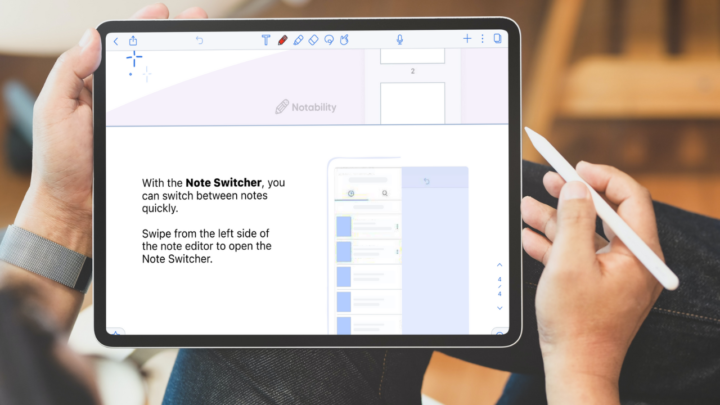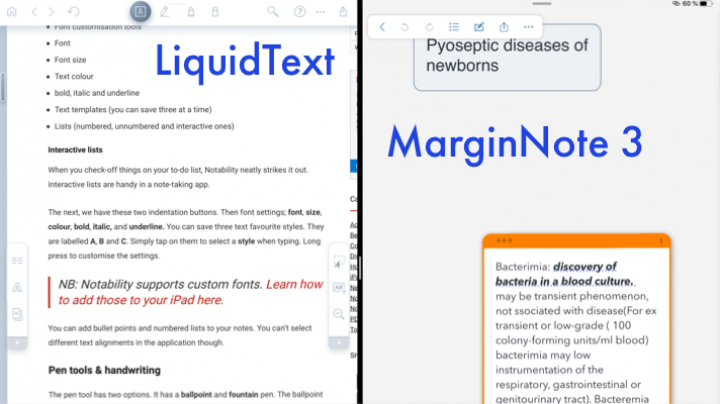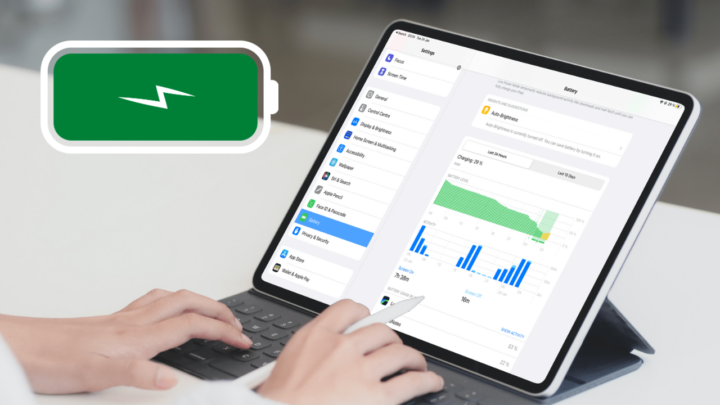What is a web app?
A web app is an application/program stored on a remote (developer’s) server and delivered to you via the internet through a browser interface. You can, therefore, access it on a desktop, laptop, tablet and mobile phone.
We’ve had these apps for a while now with emails, online shops and social media platforms. As they become more popular, productivity apps are now starting to buy into the idea. As an end-user, you must start asking the right questions. Just how safe is your information in a web app?
How web apps improved our lives
Webmail (Gmail, Yahoo Mail, Yandex, etc) helps us communicate with our loved ones, business partners and customers. You can send and receive letters (emails) in seconds; instead of days, weeks or months. As a result, you work faster and get more done in a day than people in the 1960s.
Online shops deliver goods and services across continents. Your shopping is no longer limited to the shops across your street. You can now buy goods from sellers all over the world. Online stores collect your address, credit card and phone numbers when you make online purchases. The information is necessary for processing payments and delivering your goods.
Where do apps store your information?
A web app runs on a developer’s server where it also stores all the information you add to it. You temporarily access that information when you go online to use the app. A native app, one that is installed locally on your device, stores your data on the device (with backup options to third-party cloud services). No one can access your information in a native app without your device, which is certainly not the case with a web app.
Benefits of web apps
For developers
There are plenty of reasons developers prefer building web apps, but here are some of the most significant ones:
- Compared to native apps, web apps are cheaper to develop and easier to maintain. Lower initial and maintenance costs, as well as their independence from app stores (App Store, Google Play, etc) mean our developers make more profit from their work.
- Web apps have no compatibility issues because they work in web browsers that are available on most devices. Developers don’t need to build apps compatible with specific computers or operating systems. Their apps just need to be compatible with a few browsers. This spares resources to focus on their creativity for more useful updates that are not bug fixes.
- Web apps reduce software piracy, which has plagued developers for decades. Developing and maintaining an app is hard work, the last thing you want is someone using your app for free. We sympathise with developers.
- Collecting information: this is a controversial one. Apps collect users information every day; your location, what you are buying, who you’re with, etc. Google and Apple have declared war on some apps in their app stores for this. What developers do with that information is not always clear, but it’s worth questioning. Web apps have become the perfect tool for collecting as much information (about as many people) as possible, without most of them knowing about it.
For end-users
There are not a lot of benefits for using web apps, especially for sensitive information (any details about your life you’d worry about falling into the wrong hands). It could be research notes on a book you’re writing, travelling plans or a journal documenting your life. Here are the few advantages of using a web app:
- It looks the same on all your devices, so you spend less time learning how to use it. You spend more time actually using the app. It saves a lot of time, which is a welcome relief.
- You can continue working wherever you are, even when you don’t have your devices. You just have to log in to your account and start working. Do remember to log out and don’t save your passwords on devices that are not yours.
What to worry about?
Web apps simplify our lives a lot, but at what cost? Information is power, we all know that. How much of that power are you willing to give up to use an app? Most web apps are subscriptions. The way I see it, you pay and give up your power. It helps to ask yourself the following questions before adding a web app to your workflow:
- Is there no native app that is similar?
- Can you afford that information falling into the wrong hands?
- Will it be alright if you lost that information for good? Accidents happen, Adobe lost years of users’ photos when it released a buggy Lightroom update. Only those smart enough to back up their photos elsewhere saved their photos from annihilation that day. Years of memories were erased in a few seconds.
- Are you always connected to the internet, without fail? Any network disruptions, no matter how tiny, mean you can’t access your information in a web app.
Most web apps have no backup options or ways to export your information. That means your information is locked in the app. Why give a developer that much control over your data?



